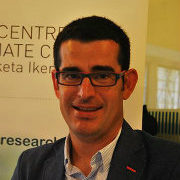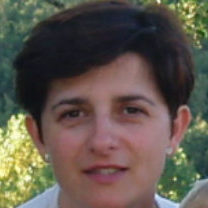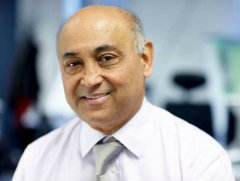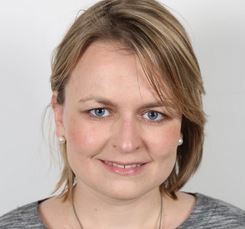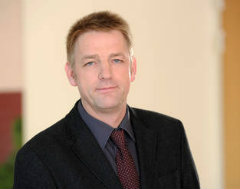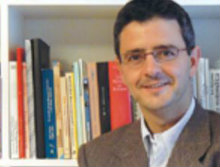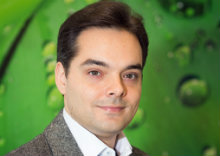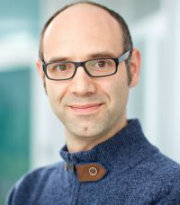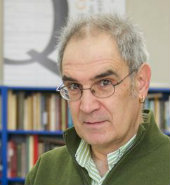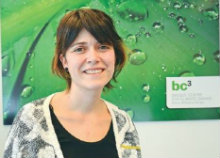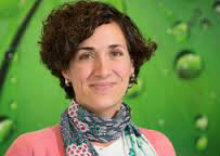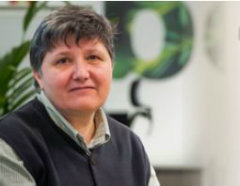
Maria José Sanz (BC3 Basque Centre for Climate Change and IPCC)
Prof,. Maria José Sanz is the Scientific Director of BC3, Basque Centre for Climate Change since January 2016.
Prof. Sanz holds a Ph.D. in Biological Sciences from the Universidad de Valencia (1991) and has expertise in several scientific areas like Ecophysiology, Air pollution effects, lower and higher plants, Atmospheric dynamics and chemistry, Nitrogen and carbon cycles, Greenhouse Gasses and other related gases, Green house gas inventories, LULUCF and REDD+.
She has been strongly involved in the policy dimension of Climate Change, guiding political decisions carried out at centres such as the FAO (United Nations Food and Agriculture Organisation) or the UNFCCC (United Nations Framework Convention on Climate Change). She has an expertise on multilateral processes, regulatory frameworks, policy measures and instruments of Climate Change Policy, and led the implementation of different programmes with a multidisciplinary-based approach.
Among other appointments, Prof. Sanz was a member of the Spanish Delegation and Advisor to the Ministry of Environment for Climate Change Negotiations (2000 – 2007), and member of the CDM Executive Board, representing Europe in 2007.
Personal profile: http://www.bc3research.org/es/marijose_sanz.html




